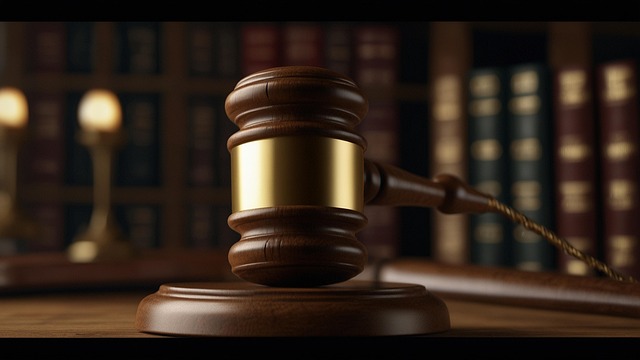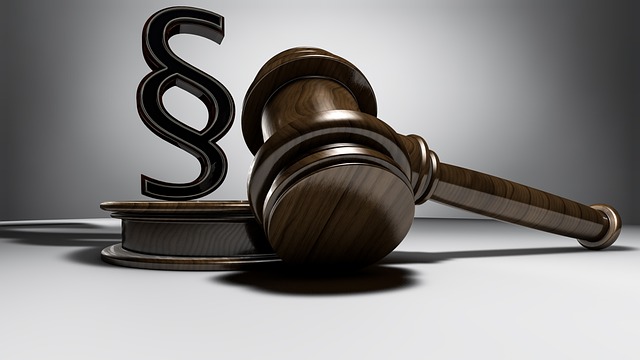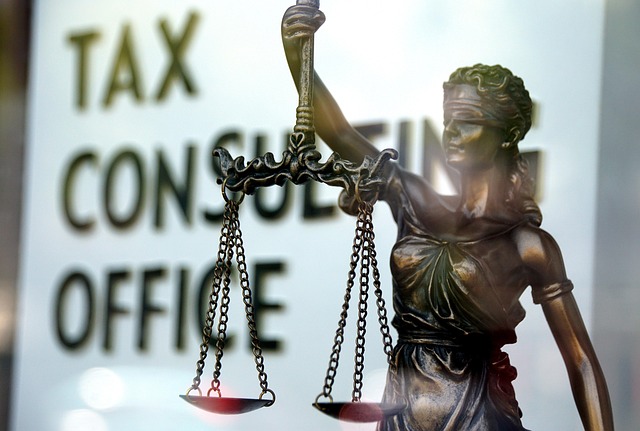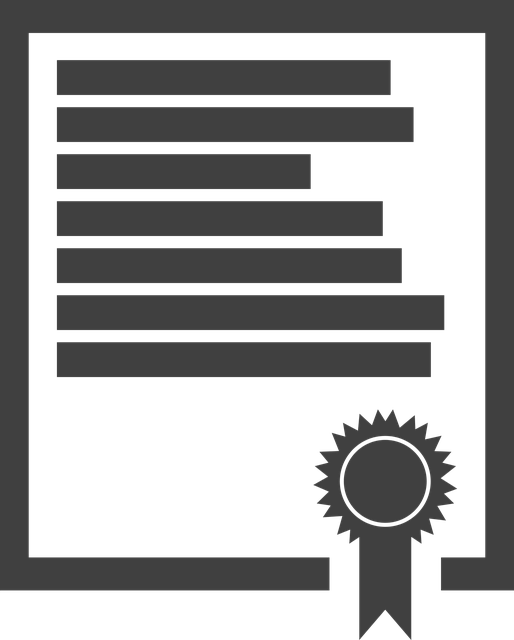Regulatory fraud laws protect business integrity and public trust by targeting intentional deception for personal gain across finance, healthcare, and environmental sectors. Navigating investigations and appeals is complex, requiring specialized legal expertise. Hiring an appeal lawyer involves significant costs but can mitigate penalties like substantial fines and reputational damage. Understanding these costs and strategic legal approaches is crucial for managing outcomes in regulatory fraud cases.
Regulatory fraud laws are essential tools in combating dishonest practices that undermine market integrity. This article delves into the intricacies of these laws, defining key terms and outlining their broad applicability. We explore the profound impact of fraud on businesses and consumers, underscoring the need for stringent enforcement. Additionally, we navigate the complex appeals process, discussing cost implications and strategic legal approaches, including the significant consideration of the cost of hiring an appeal lawyer.
- Understanding Regulatory Fraud Laws: Key Definitions & Scopes
- The Impact of Fraud on Businesses & Consumers Alike
- Navigating Appeals: Cost Implications & Legal Strategies
Understanding Regulatory Fraud Laws: Key Definitions & Scopes

Regulatory fraud laws are designed to protect the integrity of business operations and maintain public trust in various industries. Understanding these laws involves grasping key definitions and their wide-reaching scopes. Fraud, at its core, refers to intentional deception for personal gain, a concept that transcends traditional criminal offenses. In the context of regulation, it encompasses activities like misrepresenting facts, falsifying records, or concealing material information related to business practices.
These laws apply across diverse sectors, from financial institutions to healthcare providers, and even environmental regulators. The scope includes not just direct fraud but also associated white-collar and economic crimes. Navigating all stages of the investigative and enforcement process requires legal expertise. Engaging a general criminal defense lawyer or an appeal lawyer specializing in regulatory fraud can be crucial for businesses facing allegations, helping them understand their rights and mitigate potential costs, including substantial fines and reputational damage.
The Impact of Fraud on Businesses & Consumers Alike

Fraudulent activities have far-reaching consequences, impacting both businesses and consumers in significant ways. When a business engages in fraudulent practices, it can lead to severe reputational damage, eroding customer trust and loyalty. This, in turn, results in a loss of market share and financial stability for the company. Consumers, on the other hand, are often left with substantial financial losses and damaged confidence in essential services and products. Fraudulent schemes, especially in high-stakes cases, can lead to lengthy legal battles, with businesses often facing costly general criminal defense strategies and, in some instances, jury trials.
The economic burden of fraud is immense, as companies must allocate significant resources to investigate and mitigate fraudulent activities, not to mention the potential costs of hiring appeal lawyers if they are accused. These impacts underscore the importance of robust regulatory frameworks and stringent enforcement to deter fraudulent behavior, ensuring a level playing field for honest businesses and protecting consumers from financial harm.
Navigating Appeals: Cost Implications & Legal Strategies

Navigating Appeals involves a complex process with significant cost implications for individuals and businesses accused of regulatory fraud. One of the primary considerations is the decision to hire an appeal lawyer, which can be a substantial expense. The cost of hiring legal counsel specialized in appeals should be weighed against the potential outcomes, considering that successful appeals can lead to reduced penalties or even dismissal of charges. However, the financial investment doesn’t guarantee a positive outcome; it’s a strategic move based on the complexity of the case and the strength of the evidence.
Legal strategies employed during appeals play a crucial role in managing costs. Skilled appeal lawyers often focus on identifying procedural errors, inconsistencies in regulatory findings, or legal precedents that could undermine the prosecution’s case. By challenging the validity of evidence or the applicability of regulations at various stages of the investigative and enforcement process, these attorneys aim to strengthen their client’s position. Effective legal strategies can potentially reduce the financial burden, especially when compared to the costs associated with lengthy jury trials in general criminal defense cases.
Regulatory fraud laws are designed to protect both businesses and consumers by ensuring fair practices. Understanding these laws, their definitions, and scopes is crucial for navigating potential fraud cases. While the impact of fraud can be devastating, appealing decisions provides a chance for justice and restitution. When considering the cost of hiring an appeal lawyer, remember that it’s an investment in safeguarding against future frauds and ensuring compliance with regulatory standards.






